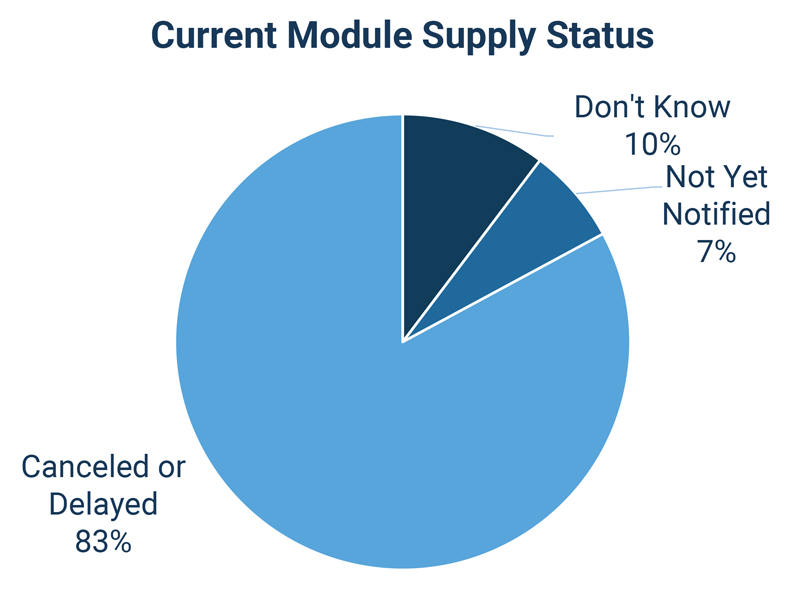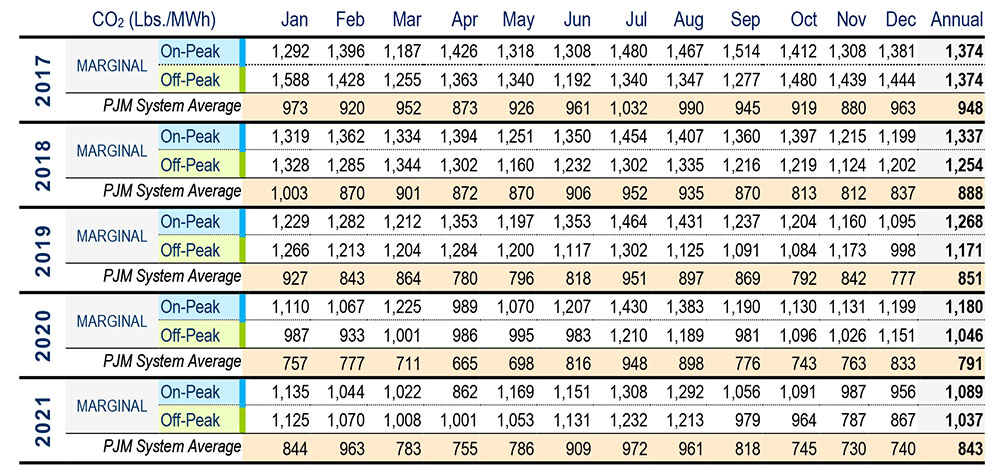The U.S. does not have a shortage of the critical minerals — lithium, nickel and graphite — needed for the battery storage vital to decarbonizing transportation, said Ned Mamula, an economic geologist and energy industry consultant.
“Our country has most all of these resources in abundance,” Mamula said Friday during a virtual briefing on the lithium-ion battery supply chain, hosted by the United States Energy Association (USEA).
The problem, he said, is that “we don’t produce what we can produce” because of permitting challenges, restrictions on mining on federal lands and the fact “that this country is only less than 20% mapped geologically,” so the extent of the domestic reserves of such critical minerals is still unknown.
Mamula was one of five speakers at the briefing, providing a range of perspectives on current industry conversations about the urgent need to build out a domestic supply chain for lithium and other critical minerals essential to growing the electric vehicle market in the U.S.
The core issue is well known: U.S. dependence on “adversarial countries,” primarily China and Russia, for critical minerals has put the country’s clean energy supply chains at risk.
As many others have, Mamula pointed to countries, like Australia and Canada, which have streamlined their permitting process to allow new mines to be approved in two to three years, rather than the five to 10 that is the norm in the U.S. Looking to these and other allies for short-term supply imports is an option, he said, but not a long-term plan “because some of these countries have had the same problems we do.”
Recycling and finding replacements for the critical minerals are other options, though neither can fill the gaps in the supply chain in the near term, he said. “We are wedded to these minerals for the time being, whether they’re here in this country or have to be imported.”
Efforts to extract lithium from geothermal brine, now being developed in Southern California’s Salton Sea area, are another option for supply chain development. (See 54 GWh EV Battery Plant Proposed for Lithium Valley.) While not commenting directly on the technology, Stephanie Shaw, technical executive at the Electric Power Research Institute, noted that the initiatives now underway have involved “a substantial amount of interaction with a range of stakeholders, including nearby underserved communities.”
The environmental and social aspects of these projects require the same “strong attention” as the technology, Shaw said. While U.S. permitting processes may be long, she said, they do ensure high levels of safety and minimize environmental impacts for surrounding communities.
DPA Impact Limited
For Scott Aaronson, senior vice president of security and preparedness at the Edison Electric Institute, still another strategy for dealing with supply chain shortages is to stockpile materials and equipment, as most utilities do.
“Just-in-time supply chains are terrific for efficiency; they’re not necessarily terrific for resiliency,” Aaronson said. “We have to look holistically at the supply chain and look for some redundancy. … So, to the extent lithium is a single point of failure, we need to find other opportunities to prevent that failure.”
Proactive prevention was clearly one of the drivers behind President Biden’s March 31 invocation of the Defense Production Act. The specific purpose of the declaration was to accelerate “sustainable and responsible domestic mining … and value-added processing of strategic and critical materials for the production of large-capacity batteries for the automotive, e-mobility and stationary storage sectors.”
However, the impact of this action may be limited, said Eric Dresselhuys, CEO of ESS, which manufactures long-duration redox flow batteries. The complexity of building out the battery supply chain means “the president’s act might help transform some of the later-stage development of products, but I don’t think it’s going to have a near-term impact on mining and materials.”
The reason, he said, is that improving processing can be accomplished more quickly than mining the raw materials.
Dresselhuys believes part of the solution to battery supply chain issues will be to minimize the storage applications in which lithium is used. For example, lithium-ion batteries may not be the best fit for grid-scale storage, especially for long-duration applications, and he said developing nonlithium alternatives would “take the pressure off what we have to build with lithium.”
“We’re going to have to start to break out our use cases into distinct chunks and [determine] what are the characteristics that are most valued for those use cases,” Dresselhuys said.
This approach will not reduce the amount of lithium or battery storage needed in the near term, he said, “but we can reduce the rate of growth by not trying to put lithium to use where it’s really not appropriate or necessary [and] use alternative technologies where they’re better suited.”
ESS uses iron, salt and water in its redox flow batteries, which have a 20-year life cycle and a duration of four to 12 hours, according to the company’s website.
Another near-term option, Dresselhuys said, are lithium technologies that do not use cobalt or nickel, such as the lithium iron phosphate batteries that, according to Tesla, went into half of the EVs the company produced in the first quarter of the year.
Solid state or other technologies that “leapfrog lithium” could be a tougher sell, he said, depending on whether the cost of lithium falls, as it had before the COVID-19 pandemic, or sees more of the substantial increases of recent months.
‘Better at Technology’
At the same time, EPRI’s Shaw said, research into new battery chemistries could also provide an opportunity to “design for recycling.”
“We’re starting to think about the ability to disassemble, retrieve and retain high purity of a product from that recycled module at the end of its life at the point of design,” Shaw said. The challenge, she said, is “maintaining performance, cost and reliability against current standards for modules or improving that to retain market acceptance while continuing to reduce the mass of critical materials or increase the energy density of the module.”
Designing for recycling and similar circular economy concepts are becoming market differentiators and selling features for manufacturers and utilities, Shaw said.
But according to John Howes, principal at industry consulting firm Redland Energy Group, the biggest obstacle to building out a domestic supply chain may be lack of political will and urgency. He believes federal incentives, rather than federal mandates, may be the most effective way forward.
Dresselhuys agrees but believes the focus should be on technology, in particular “non-lithium, non-mining alternatives” and programs like the Department of Energy’s Advanced Research Projects Agency-Energy.
“We will not win the fight against China and other places if we try to out-mine them,” he said. “What we should do is continue to drive ARPA-E and other programs that are really helping to fund early-stage development for alternatives and then fund domestic manufacturing … because we’re really good at technology around here. I would argue we’re better at technology than we are at mining.”




